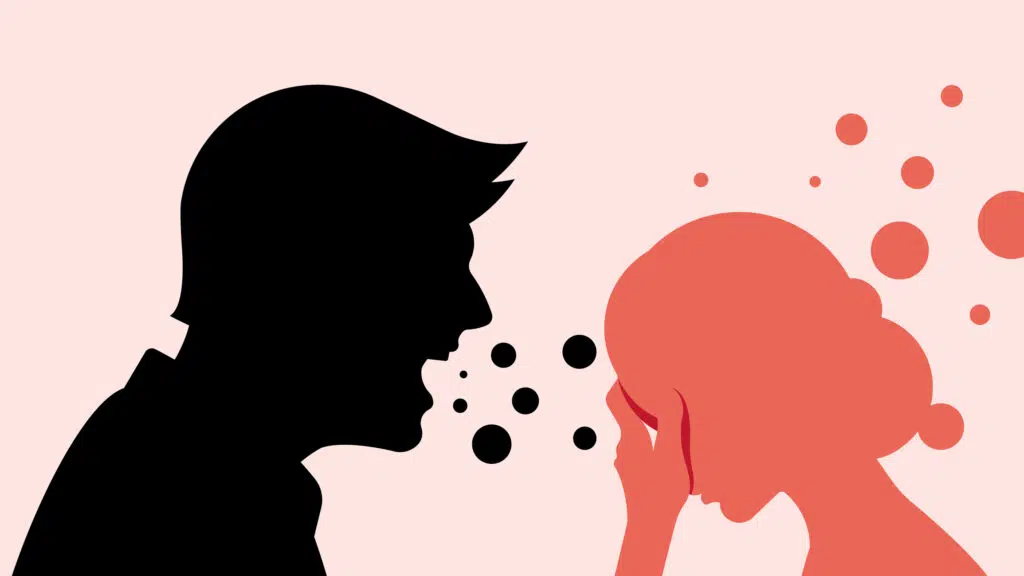Mental Health in the LGBTQ+ Community

“To be yourself in a world that is constantly trying to make you something else is the greatest accomplishment.” — Ralph Waldo Emerson, American essayist, and philosopher
The Relationship Between the LGBTQ Community and Poor Mental Health
Dealing with everything from discrimination to violence, members of the LGBTQ+ community tend to experience higher rates of suicide than the general population.
As stated by the Human Rights Campaign Foundation, LGBTQ+ youth are more than twice as likely to feel suicidal and are over four times as likely to physically attempt suicide.
Stigma has shown to drive higher rates of mental health issues in LGBTQ+ communities. Among adults suffering from mental illness, 13 percent of those in the LGBTQ+ experience symptoms that substantially interfere with everyday life, compared to just 4 percent of the heterosexual individuals living with mental illness.
A 2014 study showed how detrimental this stigma can be, as LGBTQ+ individuals living in prejudice communities actually have a shorter life expectancy of 12 years on average, compared to peers in low-stigma communities.
Seeking Mental Health Support Is Both Brave and Life-Changing
Whether you suffer from depression, anxiety, PTSD, or any other mental health condition that currently impacts your quality of life, it is critical that you seek support.
Regardless of your current mental health, it has been reported that chronic stress deteriorates the hippocampus — the area of the brain that regulates learning, emotion, motivation, and memory.
When you seek mental health treatment and support, you can benefit in the following ways:
- You can experience a significant reduction in anxiety while improving your mood and risk of depression
- Improve relationships — not just with others, but also yourself
- Experience clearer thinking and increased self-esteem
- Develop practical coping skills that lead to life-altering changes and perspectives
- Better sleep, supporting positive mental and physical health
How to Begin Your Journey Towards Positive Mental Health
Being someone in the LGBTQ+ community, you currently face a double stigma. However, the more we speak about these stigmas and seek help, the more rapidly these stigmas will be lifted.
Each brave individual is part of something much greater, which is why you should seek support for yourself, as well as those living in a similar situation as you.
Depending on your circumstances, you may wish to seek individual and/or group counseling, complementary therapies (i.e. yoga and meditation), cognitive behavioral therapy, family therapy, nutrition therapy, etc.
When seeking therapy, be sure to find a certified, trained therapist or psychologist. If you are specifically within the New York City SoHo or Grand Central Area, contact Thriving Mind Psychology to discuss the wide array of services offered.
There are also a number of incredible resources available online, including but not limited to:
- The American Psychological Association — they provide numerous educational resources specifically covering LGBTQ+ topics.
- The National Center for Transgender Equality — including resources on how to seek the health care you require.
- The LGBT National Help Center— provide support, affirmation, and respect in the form of free peer-support and local resources.
- Association for Lesbian, Gay, Bisexual and Transgender Issues in Counseling — they offer both education and support for the LGBTQ community while promoting LGBTQ+-specific issues for counseling professionals.

Understanding Impostor Syndrome: Breaking Free from Self-Doubt
Imposter syndrome can make you feel like a fraud with no confidence in your abilities. You’re not alone; so many people feel like this. The good news is that you can break free from imposter syndrome and overcome self-doubt; here’s how.

Supporting a Loved One with Mental Illness: Practical Tips and Resources
There isn’t one perfect way to support a loved one with mental illness. How you care for someone will depend on you and the person you support. Mental illness can affect all aspects of a person, from mood to behavior. It can come as a shock when a loved one is diagnosed with a mental illness.

Is My Relationship One-Sided?
Do you feel like you’re doing all the work in a relationship? When a relationship is one-sided, it can create stress and conflict. If one partner invests more energy and effort to make the relationship work, it creates an imbalanced dynamic that can be draining in the long haul.

How To Recover From Burnout?
Manageable and short-term stress can increase alertness and give you the focus to hit a tight deadline. But left unchecked, chronic stress can result in burnout, leading to complete physical, mental, and emotional exhaustion.

